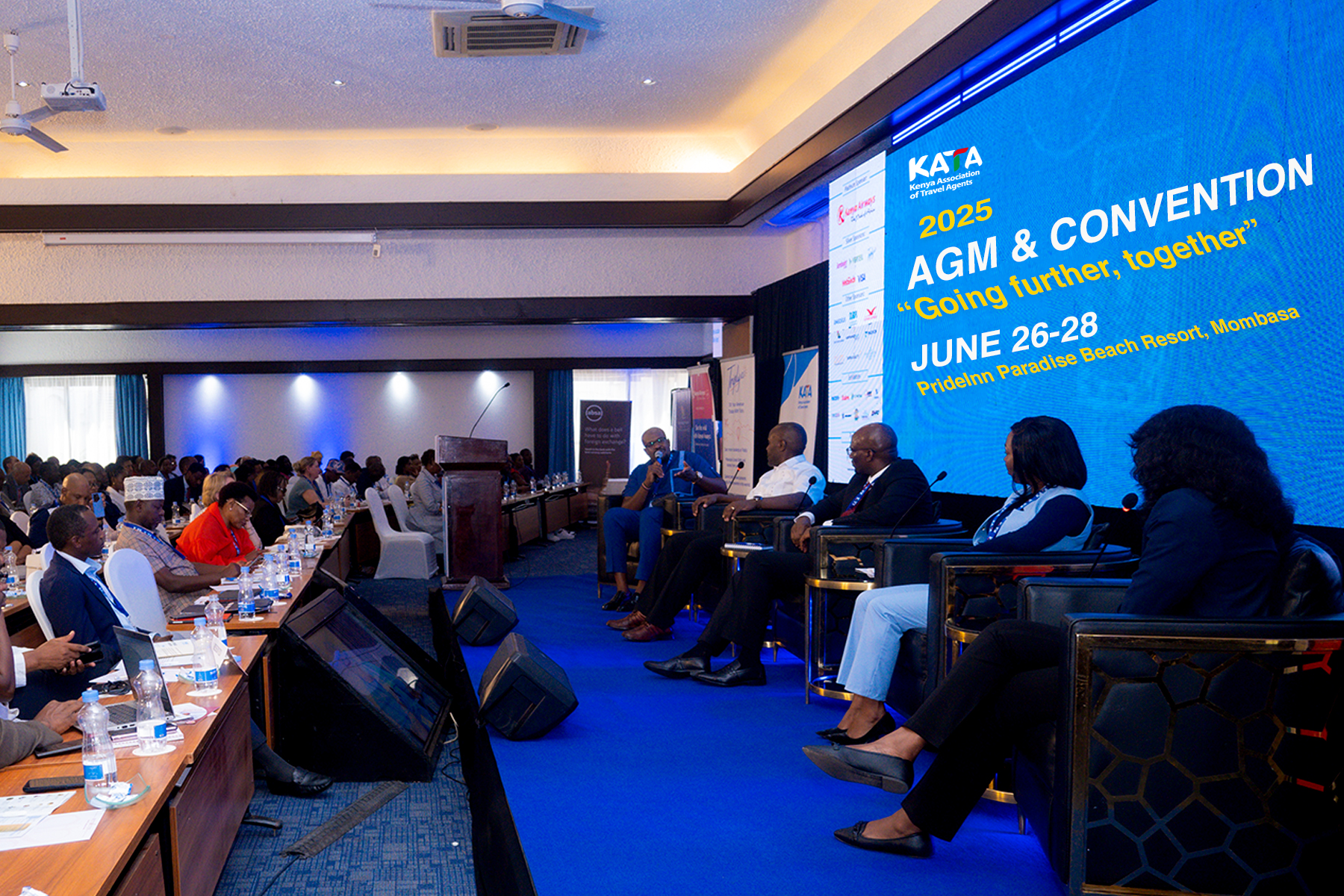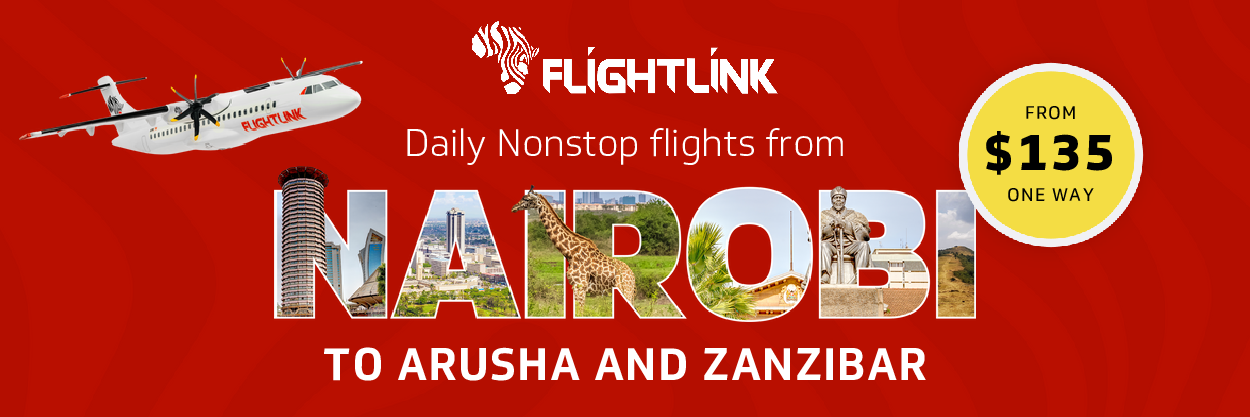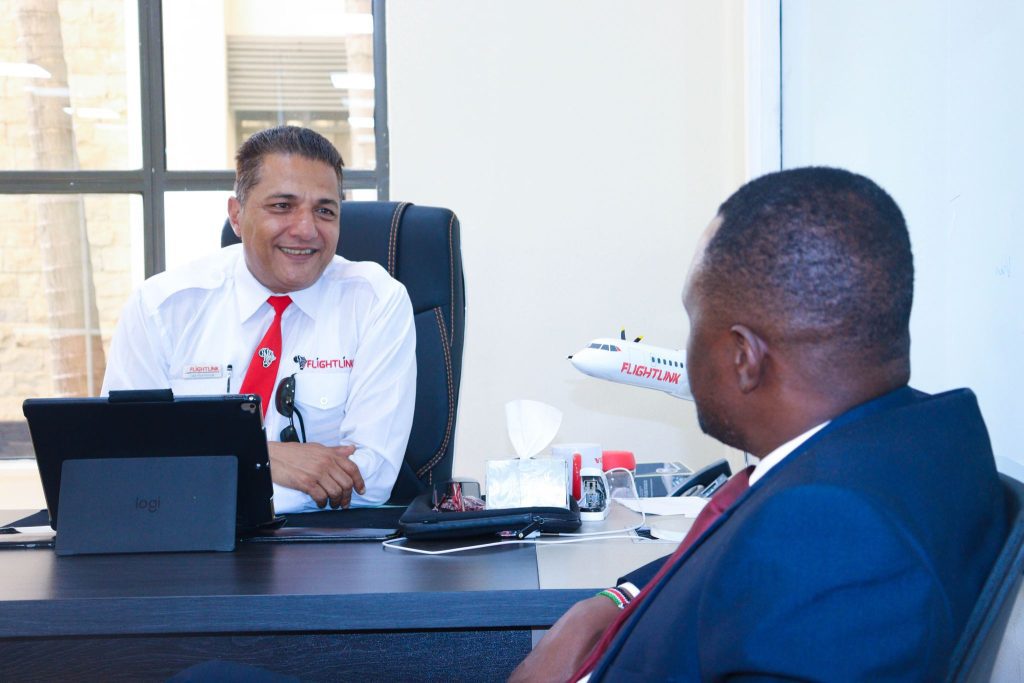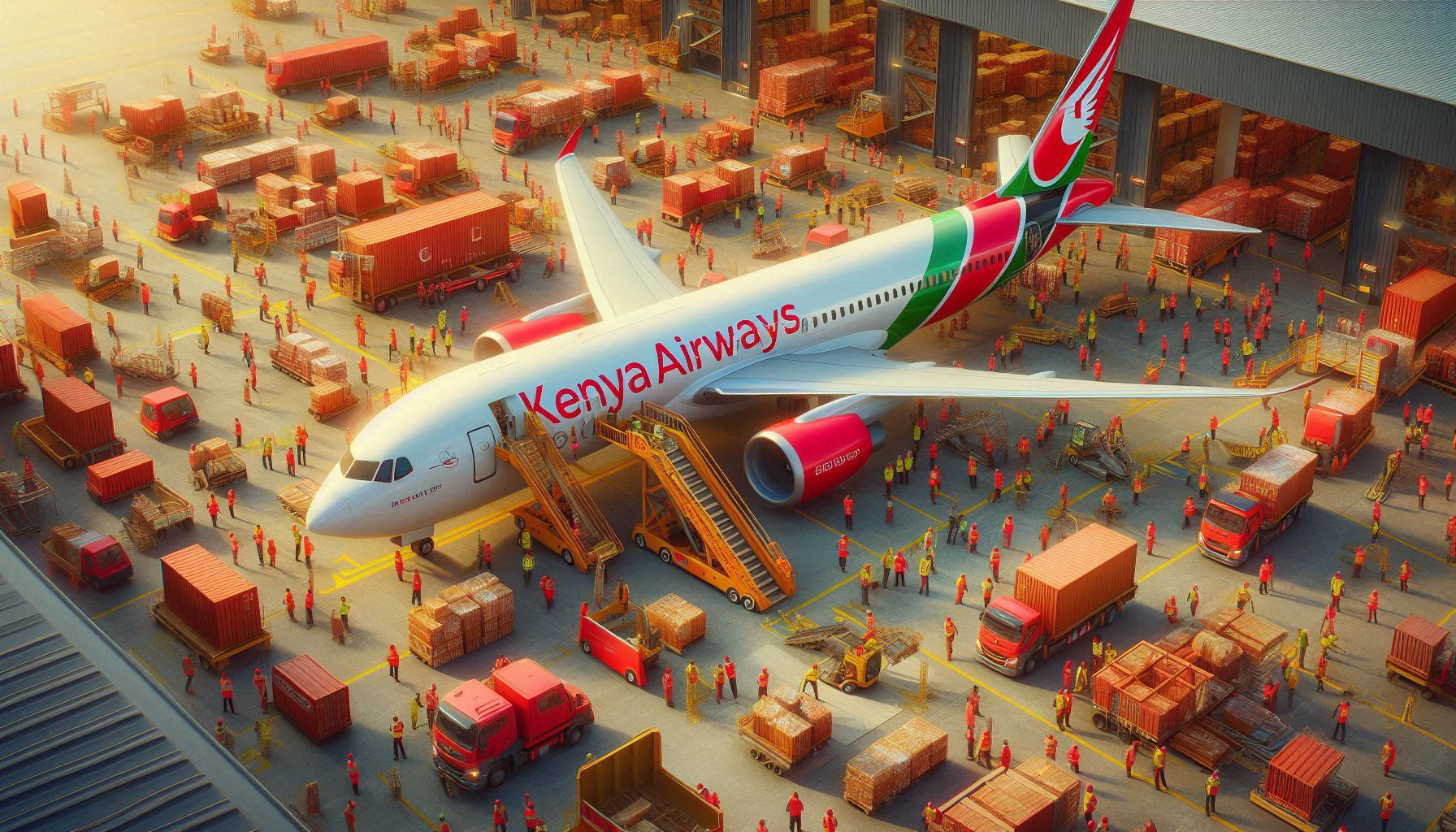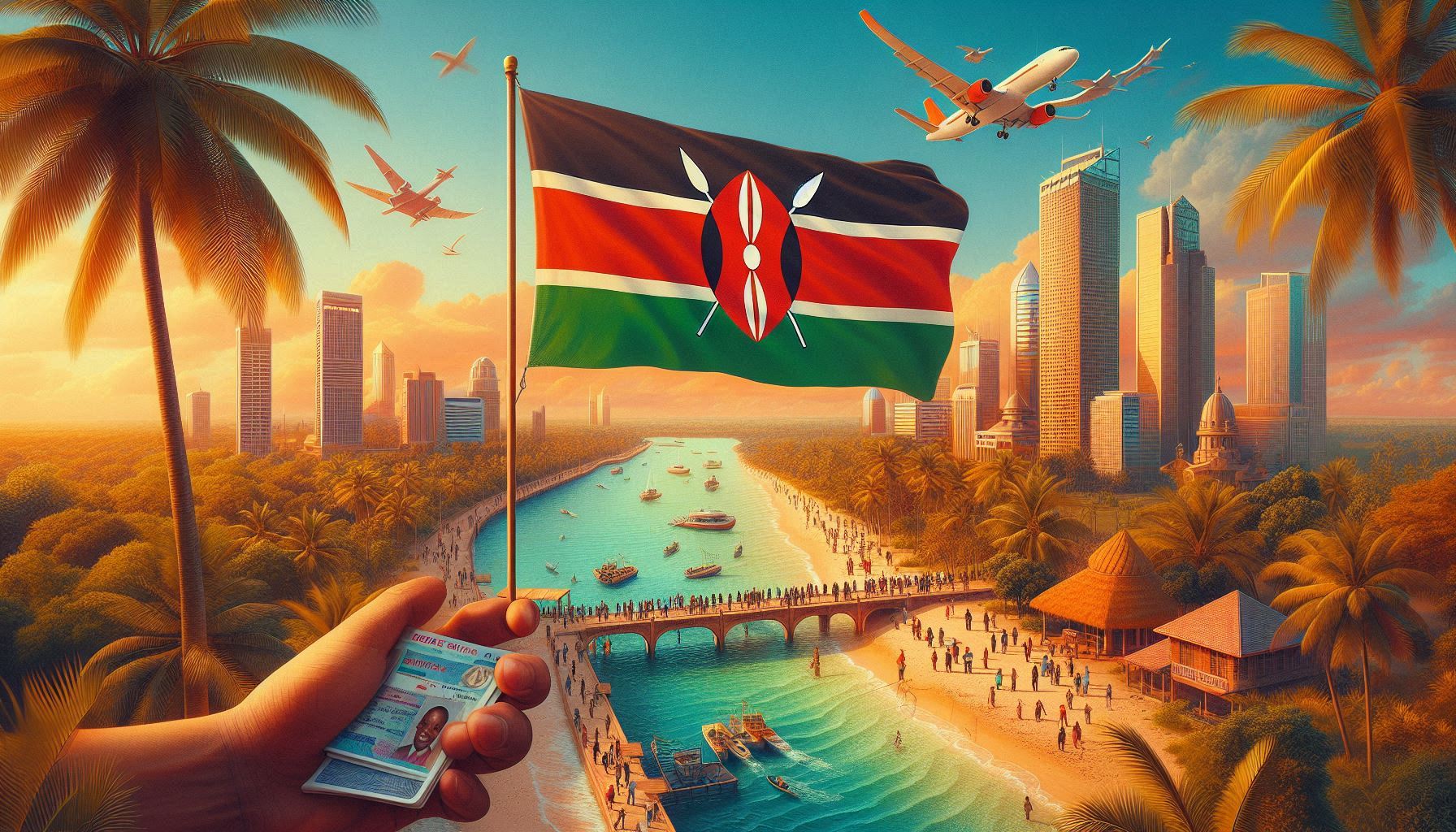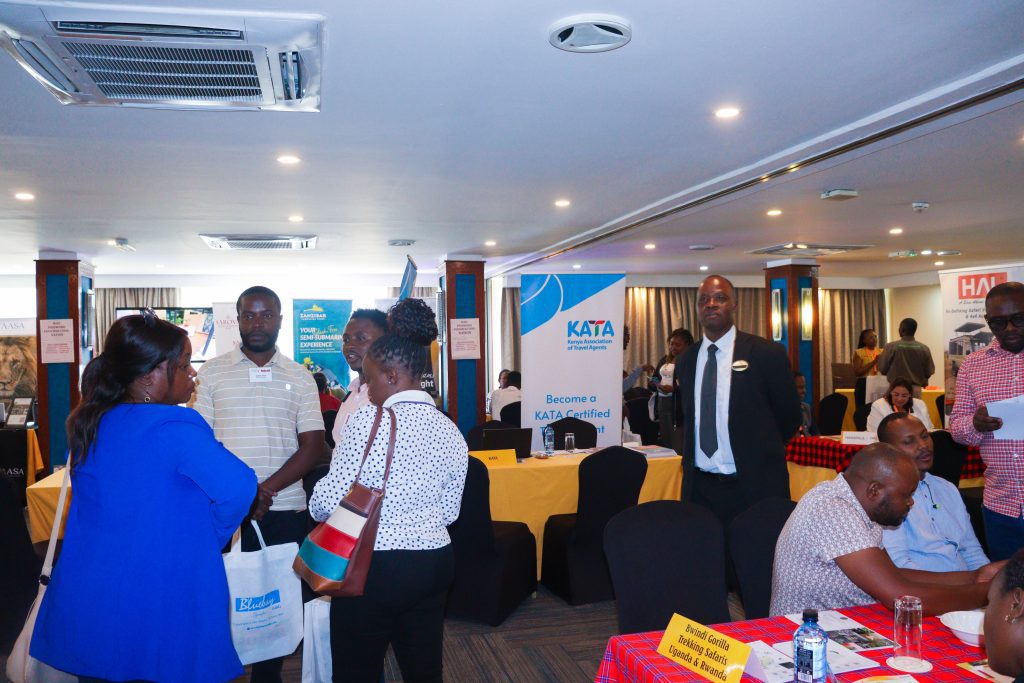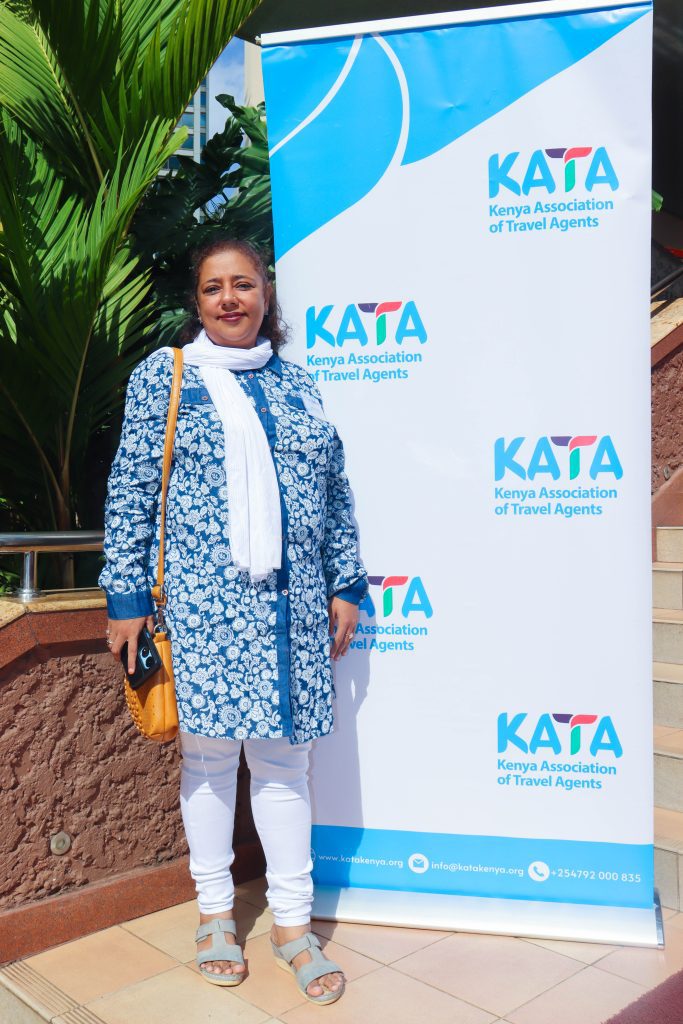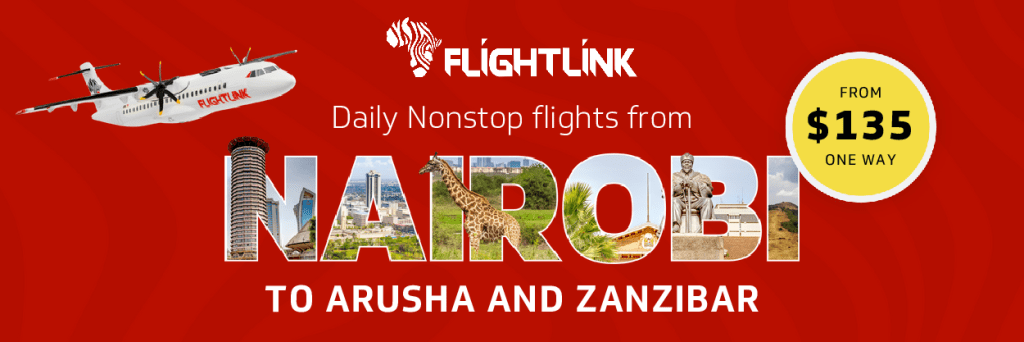With just two weeks to go, anticipation is building for the Kenya Association of Travel Agents’ (KATA) 45th Annual Convention, set to take place from June 26 to 28, 2025, at the PrideInn Paradise Beach Resort & Spa in Mombasa. This event is one of the most awaited gatherings on Kenya’s travel and tourism calendar, and this year promises to be bigger, bolder, and more impactful than ever.
Register here.
Themed “Going Further, Together,” the convention will bring together over 350 delegates from across Kenya and beyond. This marks a notable increase from last year’s attendance and reflects growing confidence in the industry’s future. Attendees will include travel agents, airline representatives, tourism suppliers, government officials, and international stakeholders united by a shared commitment to advancing Kenya’s travel sector.
KATA Chairman Dr. Joseph Kithitu and CEO Nicanor Sabula emphasized the importance of the gathering, noting that the convention serves as a dynamic platform for conversations that shape the future of the travel value chain. Sabula described the event as not only a professional milestone but a celebration of the travel industry’s resilience and potential, with the Kenyan coast as its perfect backdrop.
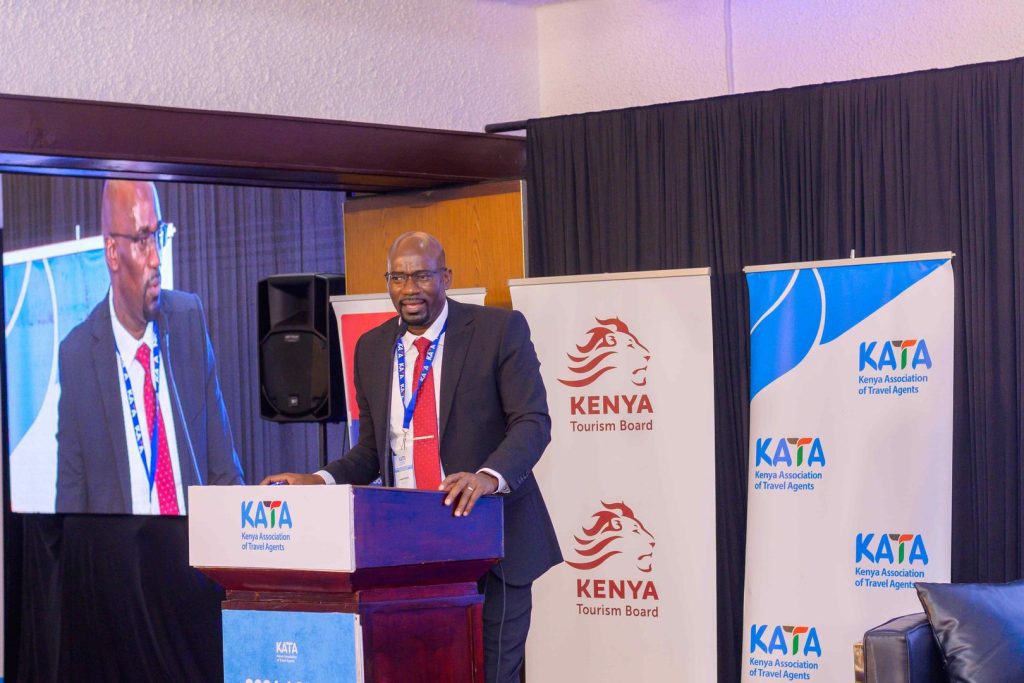

The event’s program will feature insightful panels, keynote addresses, and targeted networking sessions. Discussions will cover topics such as regional connectivity, sustainable tourism, the digital evolution of travel, and the policy shifts impacting the sector. An exhibition area has also been included this year, offering a stage for travel technology providers and tourism innovators to showcase solutions that are redefining the travel experience.



Adding to the excitement are two signature evening events. On June 27, delegates will gather for the KTB Magical Kenya Dinner, with a dress code inspired by the Kenyan flag. The following night, the Cultural Gala Dinner will spotlight Swahili heritage and traditions, with guests encouraged to wear Swahili Kanga attire in celebration of coastal culture.
Register here.

The convention will also highlight KATA’s Corporate Social Responsibility (CSR) efforts, which have become a powerful example of sustainable tourism in action. Earlier this year, KATA spearheaded a successful mangrove restoration exercise along Tudor Creek in Mikindani, Mombasa, where more than 1,000 mangrove seedlings were planted in partnership with local community members and key tourism stakeholders.


Speaking at the event, KATA CEO Nicanor Sabula stressed the vital connection between tourism and the environment, noting that the health of the environment directly impacts the industry’s growth and sustainability. He reaffirmed KATA’s commitment to environmental conservation, announcing that the association aims to plant over 20,000 mangrove trees in the next two years.
During the upcoming convention, KATA will continue to raise awareness and funds for its CSR programs through raffle ticket sales. These proceeds will go directly toward expanding similar projects and ensuring that travel and tourism growth is anchored in environmental and social responsibility.
As the countdown to June 26 continues, the travel industry is abuzz with anticipation. The KATA Annual Convention is more than an event, it is a movement, a space for inspiration, action, and connection. All eyes now turn to Mombasa, where the future of travel in Kenya will once again take center stage.
For more details on KATA AGM & Convention, visit the KATA website here.

